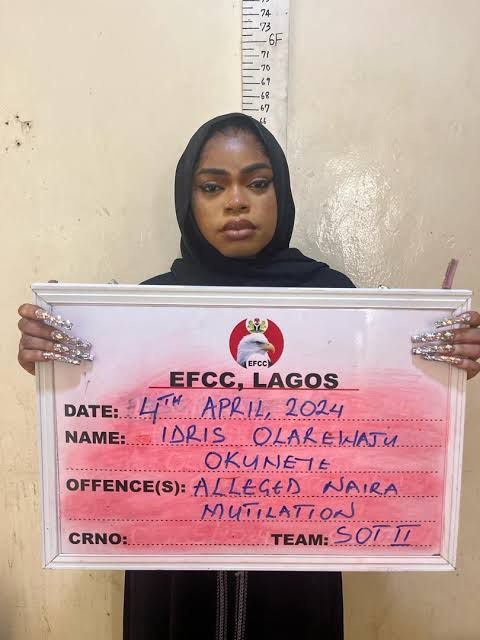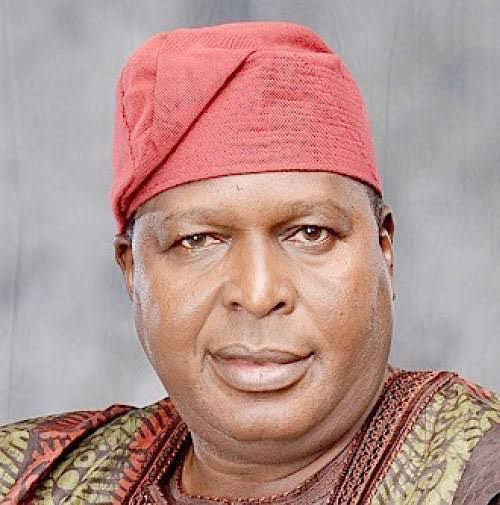Nigeria’s culture might seem ever-evolving against a barrage of external influence, but whenever such a battle between tradition and modernity emerges, it comes across as a clash of values. This is more so the case when contentions arise around the issue of cross-dressing, a phenomenon that has sparked heated debates and polarized opinions across the nation.
Enter Otunba Segun Runsewe, a lone voice amidst the cacophony of chaos, boldly sounding the alarm on the potential dangers of unchecked cross-dressing, particularly the influence of the flamboyant figure known as Bobrisky (real name Okuneye Idris Olanrewaju). As the former Director-General of National Council for Arts and Culture (NCAC), Runsewe stood as a lamp of sanity in a clime of madness, tirelessly advocating for moral rectitude and societal decorum.

Now, his clarion call has been answered. The Nigerian government, spurred by concerns over the societal impact of cross-dressing, has taken decisive action, banning the practice outright. In a landmark move, the Kano State Government has imposed a prohibition on films depicting hoodlums and cross-dressing, citing fears of deviant behavior among the youth.
For Runsewe, this victory is not merely symbolic—it is a validation of his unwavering commitment to the moral fabric of society. His persistent advocacy against the normalization of cross-dressing has borne fruit, culminating in tangible legislative action to curb its proliferation.
The recent arrest of Bobrisky, the most prominent exponent of cross-dressing in Nigeria, serves as a stark reminder of the consequences of flouting societal norms. While some may decry the move as an infringement on individual freedoms, others see it as a necessary step to preserve the integrity of Nigerian culture and uphold traditional values.
In the absence of Runsewe’s resolute stance against cross-dressing, the trajectory of this cultural battle may have taken a darker turn. His steadfast advocacy has undoubtedly played a pivotal role in shaping public discourse and influencing policy decisions on this contentious issue. Yes, In a world of shifting values and evolving norms, his voice resonates as the ram’s horn of clarity in the midst of uncertainty.




